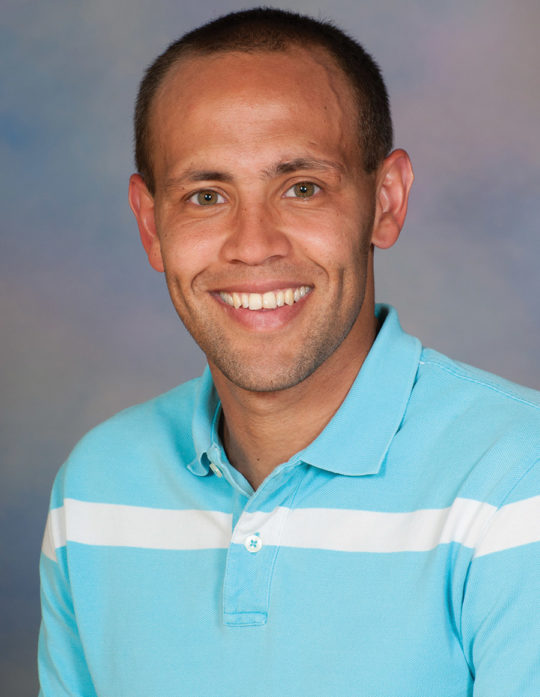Leonardo Ferreira, Ph.D.
Leonardo Ferreira, Ph.D.
Associate Professor of Applied Physiology & Kinesiology
College of Health and Human Performance
2019 Awardee
Leonardo Ferreira’s scientific mission is to advance the treatment of breathing and locomotor muscle abnormalities related to heart failure.
Heart failure is a complex clinical condition that causes shortness of breath, weakness and fatigue. Ferreira’s lab established animal models of the two most common types of heart failure.
This work been funded by the National Institutes of Health (NIH) and American Heart Association for almost a decade.
“I hope that my research will lead to the discoveries of therapies that improve the quality and duration of life in people with chronic diseases and advance new lines of inquiry in muscle biology,” Ferreira said.
In recent studies, Ferreira’s lab has also advanced a new approach to study a different type of heart failure in rats. This second type of failure due to the heart’s inability to relax is a form of disease highly prevalent in older post-menopausal women. The post-menopausal aspect of heart failure has been neglected in the field and hindered the development of therapies for older women.
Ferreira has worked to prioritize and emphasize the importance of collaborating with clinician-scientists to complete both basic and clinical research that will easily translate to patient care. In the last five years, Ferreira has been the principal investigator of three grants from the National Institutes of Health (NIH-R00, R03, and R01) and one grant-in-aid from the American Heart Association. He has also supported three NIH grants as co-investigator while publishing 15 articles since 2014.
Ferreira was awarded the American Physiological Society Filley Award for Excellence in Respiratory Physiology and Medicine. He also received the Mowry Award in the College of Health and Human Performance and the Kansas State University Distinguished Alumni Research Award.
Additionally, Ferreira plays a leadership role on campus within the Myology Institute, playing a major part in organizing the biennial Muscle Biology Conference at the University of Florida. The conference provides an opportunity for unique exposure of the muscle research program, allowing faculty and trainees to interact with other scientists and establish collaborations to promote scientific advances in the field of muscle biology.


